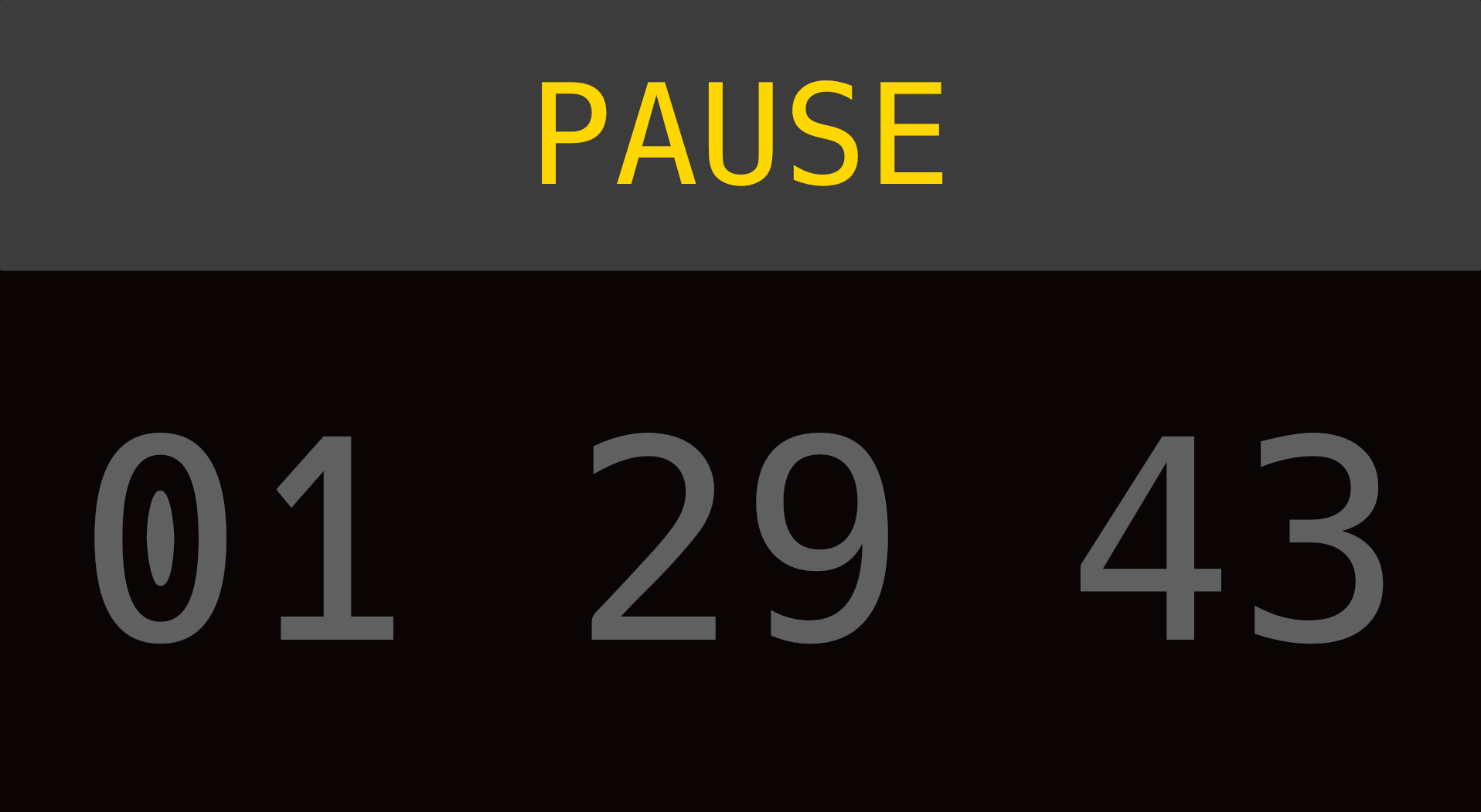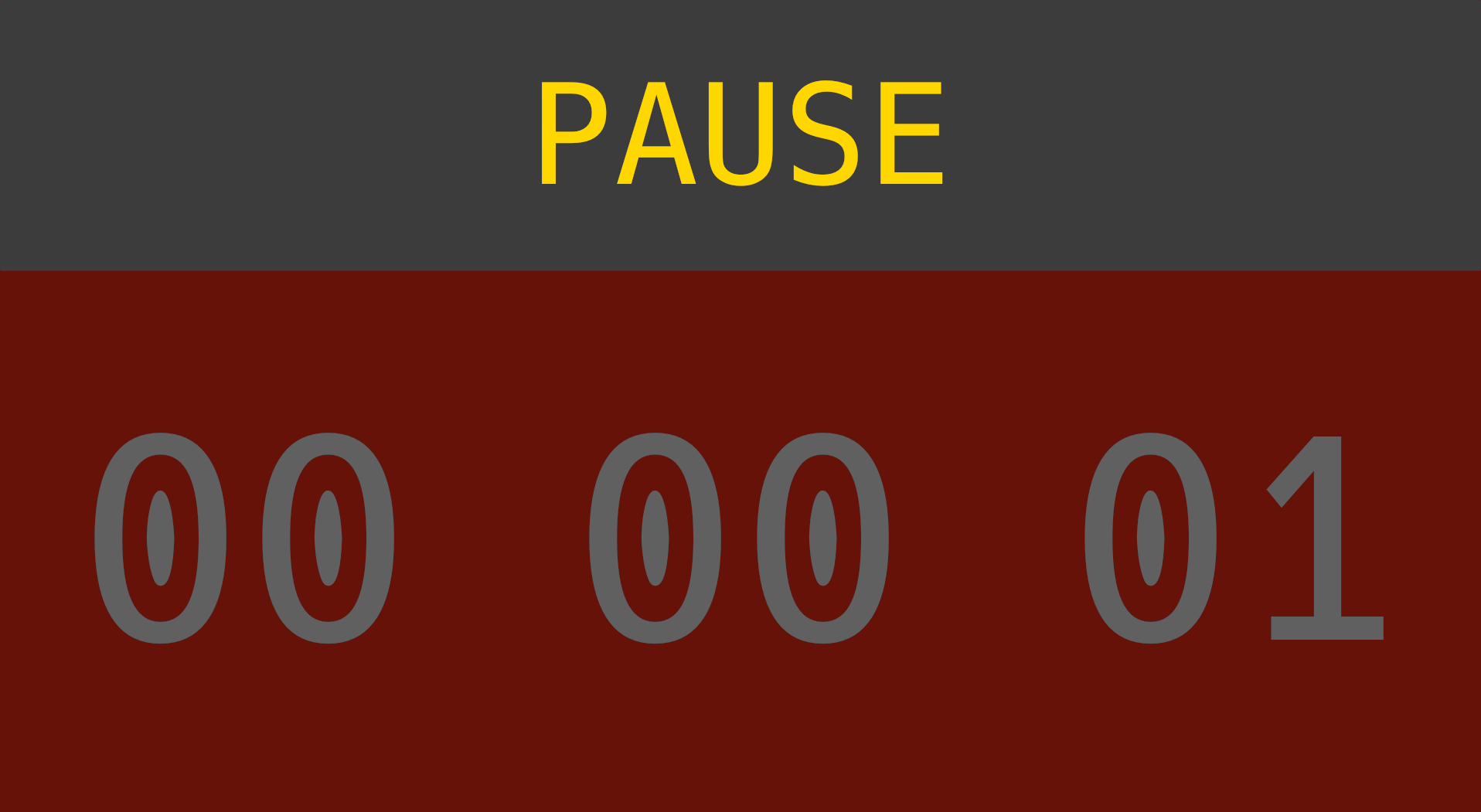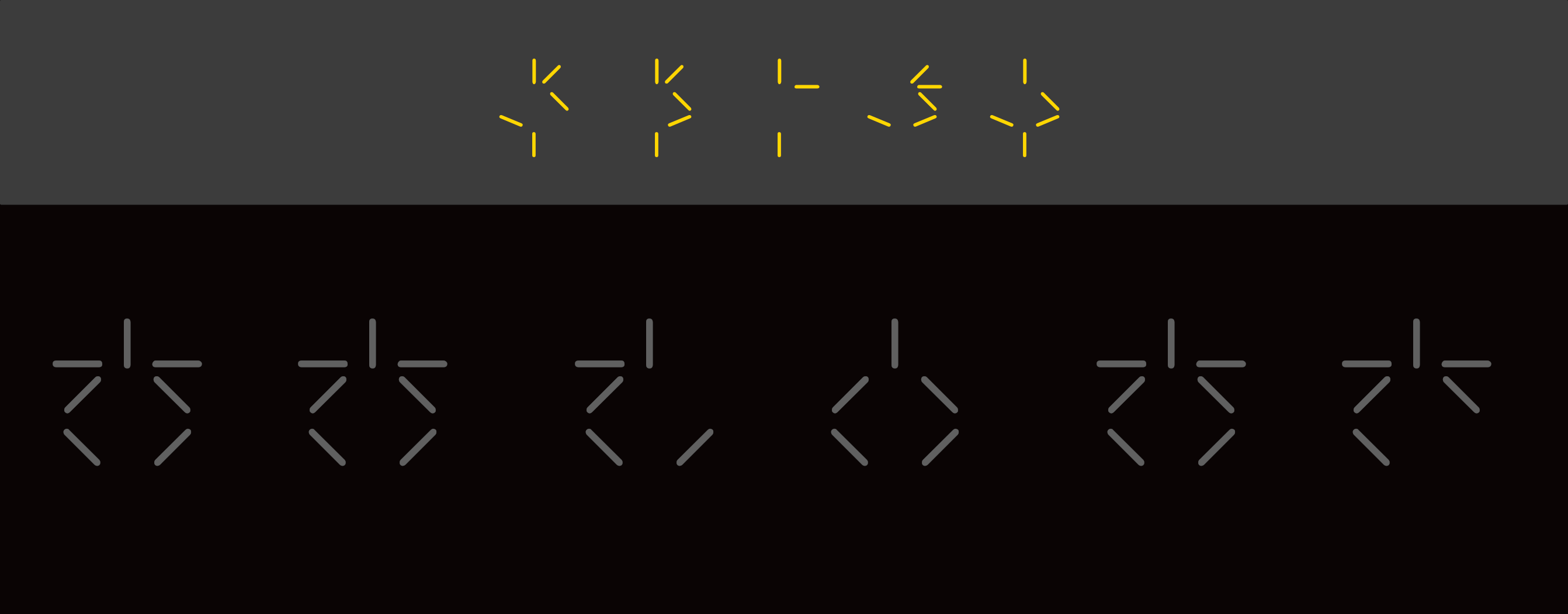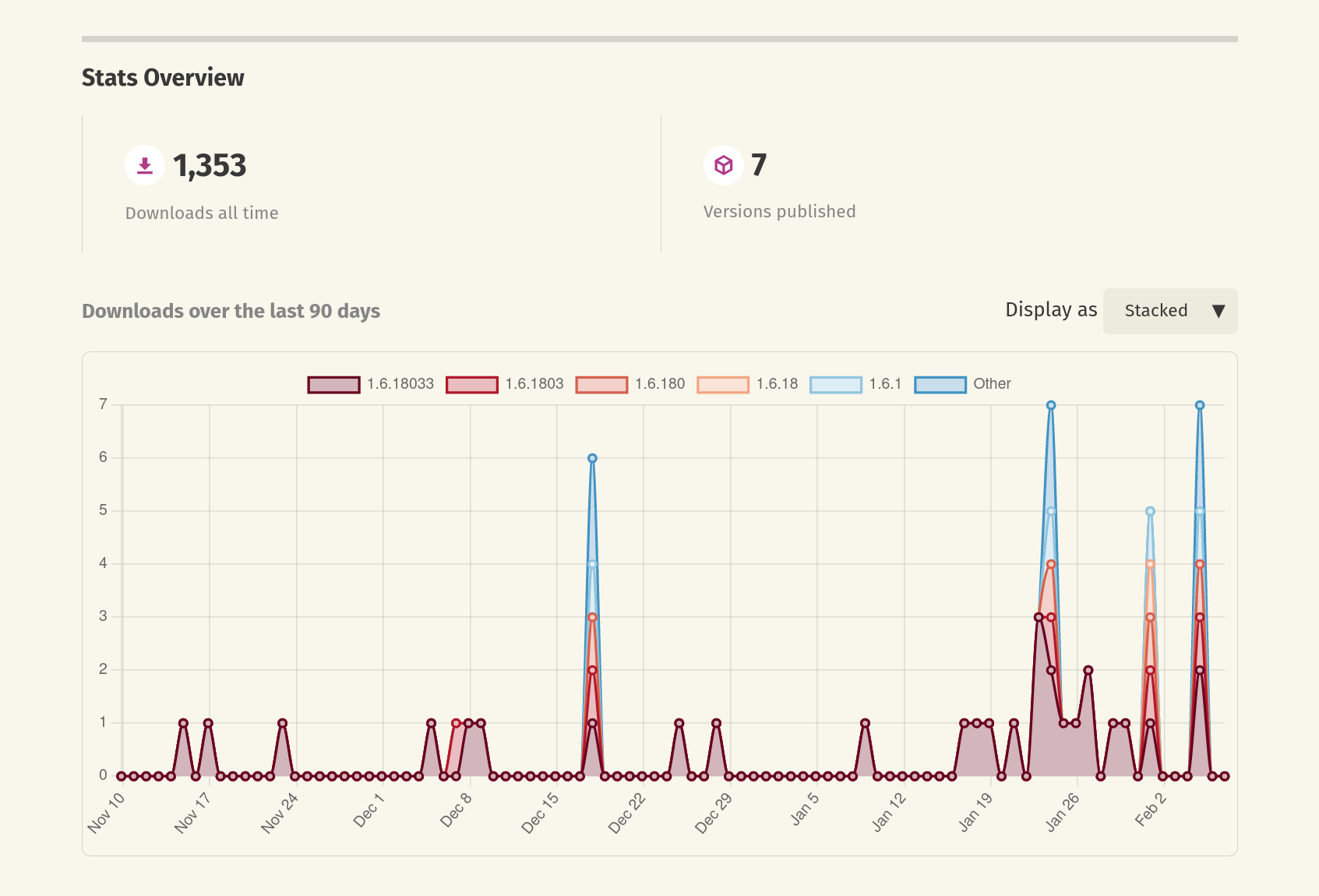6.9 KiB
+++ title = "Shit-code and Other Performance Arts" slug = "shit-code-and-performance-art" date = "2023-02-08" [taxonomies] tags = ["software", "art", "sundry", "proclamation", "chaos"] [extra] toc = false +++
A sundry collection of intellectual property, some less intellectual than other
Something I firmly believe is that it's possible to make jokes in any medium. Here at Nebcorp Heavy Industries & Sundries, despite occasional dabbling with the physical, we work primarily with software, and so this medium is one of our primary corporate humor channels. Below is just some of our work there, from least to most useless.
katabastird, a graphical countdown timer
katabastird is, in its own words, "a simple countdown timer that is configured and launched from the commandline." It looks like this when it's running:
It was created for a couple reasons:
- I wanted to make a GUI program to learn how to use a particular library called "egui";
- I had signed up to give a five-minute talk to demonstrate the latest release of a commandline argument parsing library called "clap", which I had titled, "Clap for Clap Four", and I needed a program to showcase it.
Obviously the best way to showcase a commandline-parsing library is to incorporate it into a graphical program. Other commandline-mission-critical features included changing the color of the background to get more and more red as less time remained
and using the font used by the alien in Predator
But by far its greatest feature is an undocumented option, -A, that will play an airhorn
salvo
when it's done. This option is visible in the program's help text, but it's not described.
Truly honestly, this is not a great program. Once it's launched, it only understands two keyboard
inputs, ESC and q, both of which simply cause it to exit. Using the mouse, you can pause,
restart, and reset. And that's it, that's all the interaction you get.
In spite of this, I find myself using it all the time. It's easy to launch with different times (the
commandline parsing understands things like -h for hours, -m for minutes, etc.), and its last
invocation is just an up-arrow in my terminal away. The airhorn cracks me up every time.
At some point, I plan on changing it to something that uses the GPU to run a fire simulation on the numbers, and have the flame intensity get higher as the time remaining gets lower. I'll save that for when I want to get slightly more serious about graphics and shaders, though; it would basically be a total re-write.
As for the name, it's just a perversion of "katabasis", which means, "descent to the Underworld". I guess a bastardized "bastard" is in there, too. Listen, I'm gonna level with you: I'm not wild about the name, but what's done is done.
randical, a commandline program for generating random values
Some time ago, I was trying to work out some ways to pick random points in a sphere, and during that exploration, I found myself wanting to just be able to generate random values outside of any program program in particular. So, I wrapped a primitive interface around the random value generation library I was using. I wound up using it selfishly and in a limited fashion for that project, but afterward, decided to expand it a bit and release it, as my first real Rust crate.
I'll reproduce the help text here, since it's fairly comprehensive:
$ randical -h
Radical Random Value Generator 1.618033
Generates arbitrary numbers of uniformly distributed random values.
USAGE:
randical [FLAGS] [OPTIONS]
FLAGS:
--buel Prints either 'Here.' or 'Um, he's sick. My best friend's sister's boyfriend's brother's girlfriend
heard from this guy who knows this kid who's going with the girl who saw Ferris pass out at 31
Flavors last night. I guess it's pretty serious.', with equal probability. Not compatible with `-t`
or `--bule`.
--bule Prints either 'true' or 'false', with equal probability. Not compatible with `-t` or `--buel`.
-e, --exit With equal probability, exit with either status 0, like /bin/true, or status 1, like /bin/false.
Technically compatible with all other options, but exit status will have no relation to any
generated output. Sets default number of values to print to 0.
-h, --help Prints help information
-V, --version Prints version information
OPTIONS:
-n, --num-vals <NUM_VALS> Number of random values to print out. Defaults to 1.
-t, --type <TYPE> Type of random value to print. Defaults to 'bool'.
Possible values are 'b'ool, 'f'loat64, 'U'UIDv4, 'u'nsigned64, 's'igned64, and 'k'suid
with millisecond precision.
The README contains some examples of using it to do various things, like simulate a fair coin toss, or an unfair coin toss, or "a Sliding Doors-style garden of forking paths alternate timeline for Ferris Bueller's presence or absence on that fateful day."
I have one actual non-shithead usecase for this program: in my .emacs file, I use it to generate ksuids. But I don't really use it.
I include it mostly because, by most measurable metrics, this is my most popular program with end users that I can specifically identify:
Who is downloading my software, and why? I don't know, and I don't care about knowing.
freedom-dates, a library noone needed or wanted
When I started writing this post, "freedom-dates" did not exist as a concrete thing, merely as a shit-head suggestion by me about the dumbest possible way to represent dates as a string.
- freedom-dates
- bad_print



